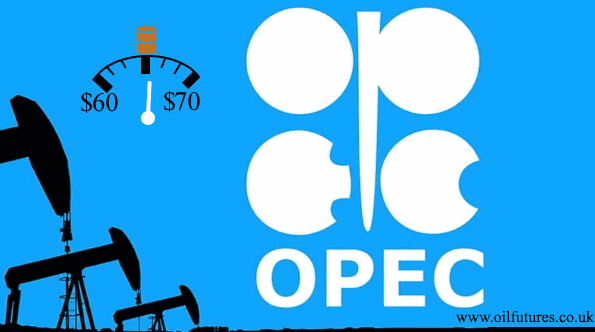The next meeting of the OPEC+, the Organisation of
Petroleum Exporting Countries plus Russia, on April 1, does not seem to be
boosting the market enthusiasm unlike on the previous occasions.
The muted response stems from the fact that Saudi
Arabia, the de facto leader of the organization, is stubbornly maintaining its
well-known stance when it comes to increasing the production – exercising caution
rather than appeasing the aspirations of the crude oil customers.
On that basis, there may not be a major announcement
tomorrow from the cartel; nor will there be any production rise. In order to
keep Russia on-board, however, the OPEC+ will let Russia – perhaps, Kazakhstan
too - increase its crude oil production
by a modest amount, as they have done on two previous occasions.
With such moves, the organization, particularly
Saudi Arabia, is going to invoke the wrath of its major customers in Asia,
especially India.
The relations between the two countries have soured
during the last two months over the production cuts by the OPEC+ that led to
steep increase in fossil fuels in India; it has already become a major
political issue in the country.
Having coming under criticism for weeks, HRH Prince
Abdul Aziz Bin Salman, Saudi oil minister finally hit back at his Indian counterpart,
Dharmendra Pradhan: “With regard to India, very simple. I would ask my friend
that he withdraw some of the cheap oil that they bought in April, May and June
(last year).” the prince said.
The prince got a point: India, the US and China
bought vast amount of oil last year during the pandemic when the price hit rock
bottom; the oil is still in their storage facilities.
In the run-up to the next OPEC+ meeting, tomorrow, India
reignited the row: “That was in a way (an)
undiplomatic answer by some of our old friend. I politely disagree with
that kind of approach. Certainly India has its own strategy, when and how to
use our own storage, and we are conscious about our interests,” said Mr Pradhan
on Monday, referring to the remark made by his Saudi counterpart last month.
India did not stop at that; in a thinly-veiled
threat, it said that it will look for alternatives to minimize its dependence
on the Middle Eastern oil; India bought millions of barrels of crude oil from
the US in February.
The new outbreaks of the Coronavirus infections,
especially in the Western Europe, which could potentially skew the demand for
oil in the negative direction, may have prompted the Saudis to maintain their
caution.
Even in Britain and the US where a successful
vaccine rollout in full swing, the leaders are appealing people not to drop
guard, especially when brighter spring days are ahead; if they do not take heed
of the advice, the potential for a third wave will gather momentum while making
all the efforts made to control the pandemic go up in smoke.
In addition, Saudis may have taken into account the
production activities of its regional rival, Iran, despite being a fellow OPEC+
member.
Iran has boosted production and China is said to be
buying Iranian oil despite the US sanctions on the former.
Since people
are gradually getting used to the lockdowns – and the pandemic too – there won’t
be a significant knee-jerk reaction in the short term, even if there is a third
wave of the pandemic.
That means, the demand for crude oil will gradually grow in proportion to the collective confidence of the masses as they deal with the pandemic in measured ways.







